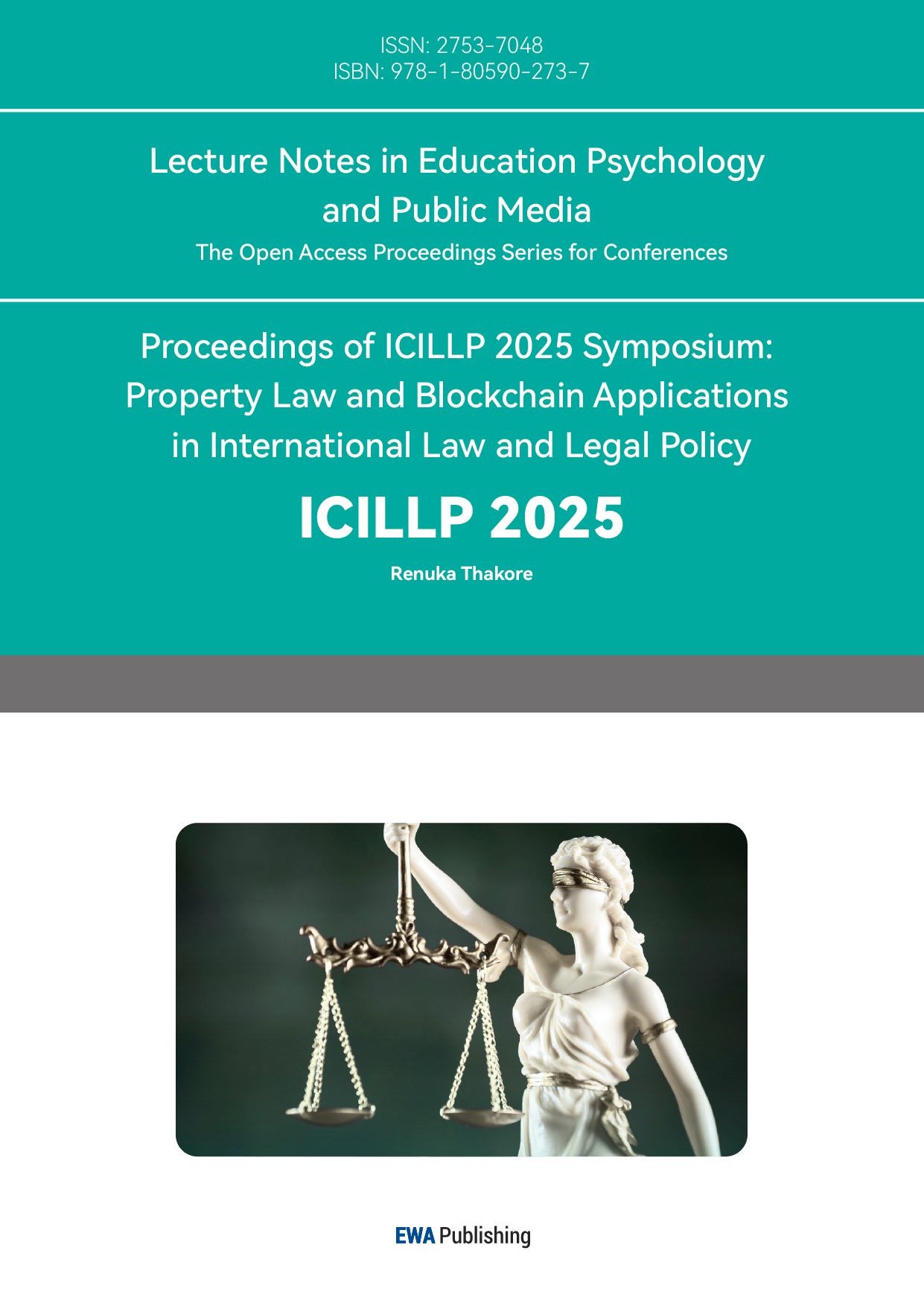References
[1]. Liu, J. Y. (2019). Research on Nom Chomsky’s Media Control Thought. Dissertation of Hebei University.
[2]. Su, X. D. (2011). A Study of Chomsky’s International Political Thought. Dissertation of Kunming University of Science and Technology.
[3]. Wen, F., & Wang, H. D. (2011). The “Propaganda Mode” of Control and the “Ideal Society” of Freedom: On the Ideological Origin of Chomsky's “Propaganda Model”. China Academic Journal, 10, 65-67.
[4]. Guo, Q. M. (2009). A Critical Review of Chomskyʾs Linguistically-based Idea of Freedom. Journal of Renmin University of China, 3, 125-130.
[5]. Mei, Q. L., & Chu, J. Y. (2011). Freedom and Power: Interpreting the “Transformational Generative Grammar” of American Media Politics: Analysis of Chomsky’s Media Studies. China Academic Journal, 7, 31-34.
[6]. Shan, B., & Li, J. L. (2008). Media Control and its Core Problems Governed by Orwell’s Problem. Journal of Shanghai University (Social Sciences), 15(4), 74-82.
[7]. Mao, J. G., & Liu, Y. F. (2020). “Grab” and “Play Around”: Chomsky Reinterprets “Terrorism”. Contemporary Foreign Language Studies, 3, 93-104.
[8]. Albert, M., & Chomsky, N. (2003). Noam Chomsky On Iraq War. Peace Research, 35(1), 51-60.



